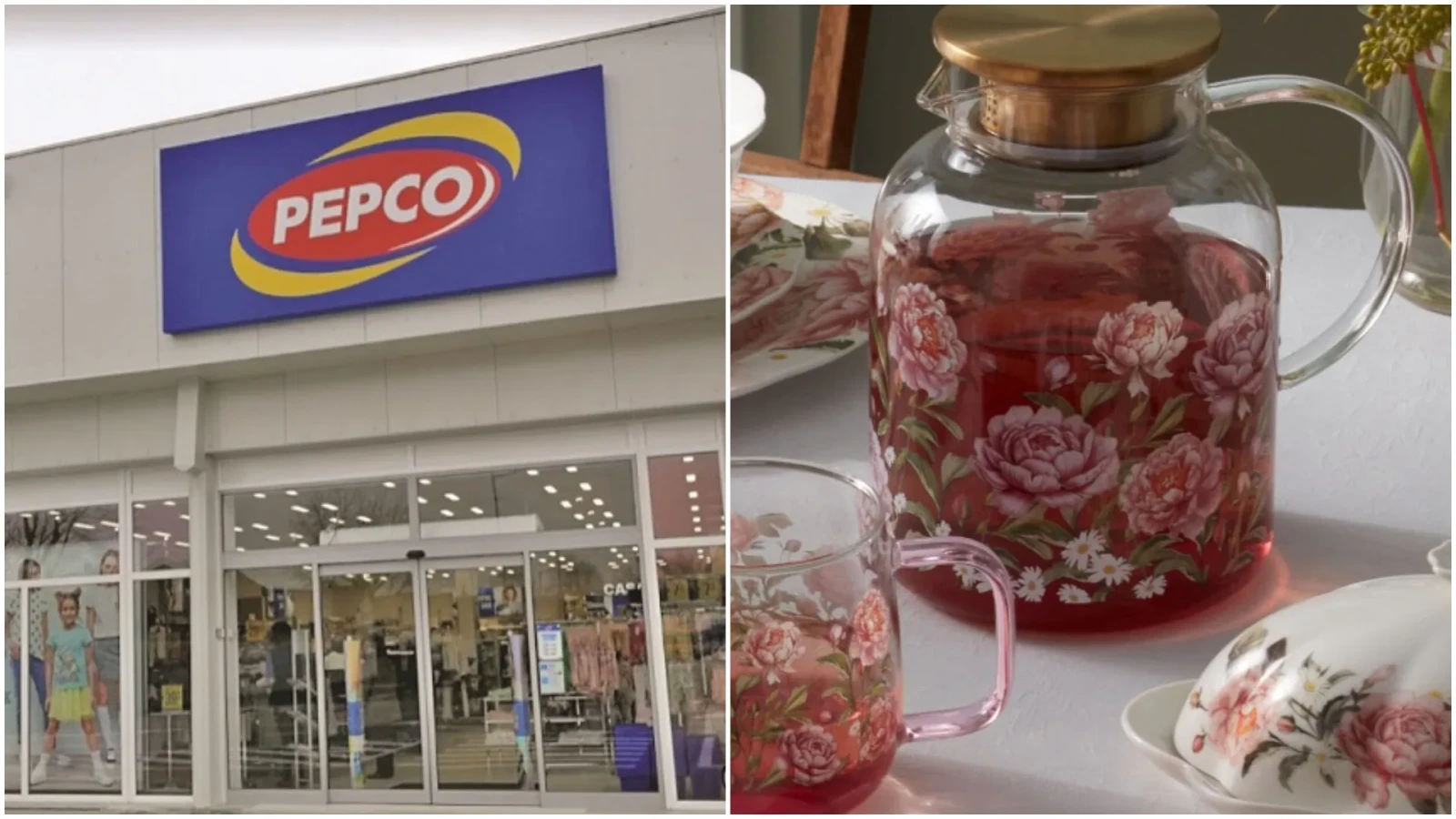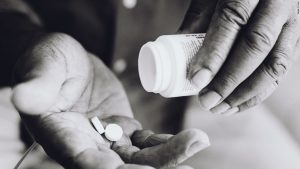Romanian households have the highest share of expenses with food items and non-alcoholic beverages in the European Union (25.2% when comparing with the 15% average EU27, the National Bank of Romania (BNR) shows in its "Report on financial stability".
"The accelerated inflation rate, especially for the food items sector, will lead to a decrease in the population's buying power and disposable income, putting pressure on the capacity of covering debt service for people who contracted loans. Romanian households have one of the highest weights allocated to alcoholic beverages and tobacco (5.5%). Additionally, people with smaller income give a higher share of expenses to basic necessities and as such these will be hit harder," the report shows.
According to the source, housing expenses share is placed under the EU27 average (25% as opposed to 32%), including spending with the tap water, electricity and gas, which represent 5.1% of consumption expenses. Despite this, at the end of 2020, 24% of low-income households had difficulties in keeping their homes warm, when comparing with only 6% of households with average and high income. It is important to mention that when comparing with the year of 2020, at the moment of gathering statistics, the price of natural gas has gone up by 85% (April 2022, according to consumption price index), 18% respectively for electricity. As such, it is to be expected that the share of the population that is struggling will continue to go up.
BNR also shows that a high level of heterogeneity is maintaining, from a regional standpoint (households from the Bucharest-Ilfov region reported income which was double from those in the North-Eastern region), as well as between the urban and rural area (urban households have reported income by 50% higher than those from the rural area).
The most important component of over-indebtedness households is represented by the mortgage loans (56% of total, namely 103 billion RON), having the highest increase rate (12%). Consumption loans, representing 34% of the total over-indebtedness households, have gone up by 5% during the period of March 2021 - March 2022, when comparing to a 2% decrease during the year 2020. In the end, loans granted by non-banking financial institutions have a share of 5%, going up by 8.4%.AGERPRES
Romanian households, highest share of expenses with food and non-alcoholic beverages in EU (central bank)
Explorează subiectul
Articole Similare

10
Figures from real economy show for two years we not well (professor Cristian Paun)
10

13
FEATURE STORY/Daniel Castle in Talisoara features murals of local aristocratic life, similar to today's social-network style
13

10
International Master's programme Inclusion Studies launched by Stefan cel Mare University, two European universities
10

9
Bucharest Stock Exchange closes lower Friday's trading session
9

8
Foreign Minister Toiu: NATO remains committed to strengthening deterrence and defence on Eastern Flank
8

8
PNL vice-president Ciucu criticises political class for blocking necessary reforms
8

9
PM Bolojan: The president has supported Govt's initiatives on all fundamental issues
9

7
PM says Constitutional Court's postponement of ruling on magistrates' pension bill is harmful to public opinion
7

7
Bolojan: Merger of localities in Romania is very difficult to regulate
7

16
RoPower Nuclear CEO: SMR Doicesti positions Romania as leader in next-generation nuclear technology
16

4
PM Bolojan: New Gov't will follow if the current one can no longer act or loses support
4

12
Constanta Museum showcases 'Eros the Archer' as exhibit of this month
12

12
Bucur shares to be traded on main market of Bucharest Stock Exchange
12



















Comentează